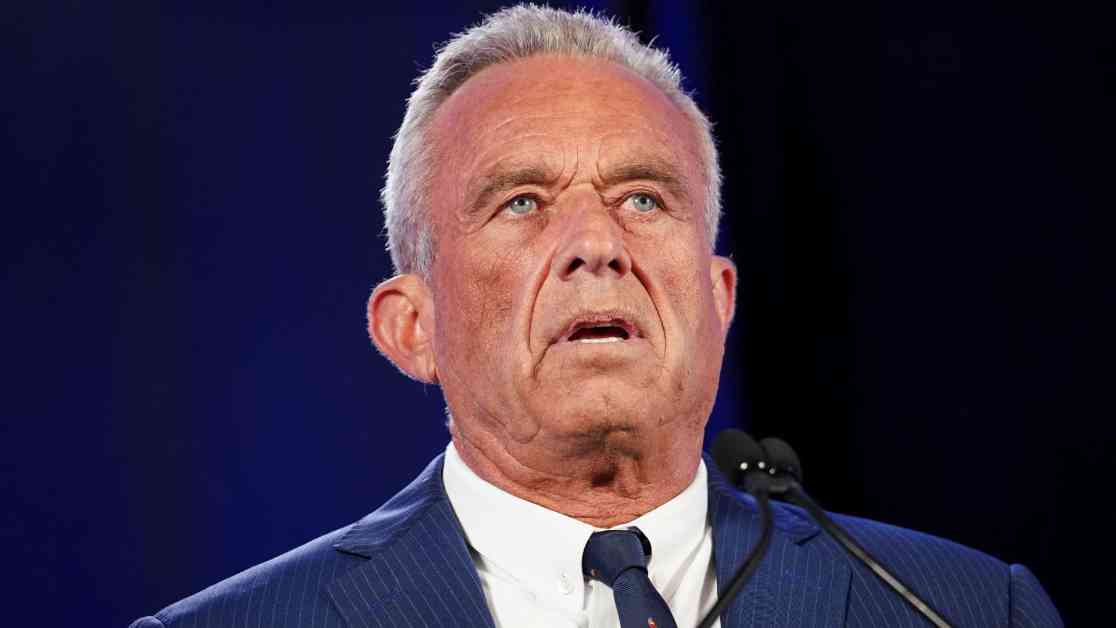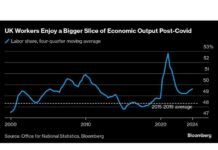Independent presidential candidate Robert F. Kennedy Jr. has recently made a significant announcement regarding the future of his campaign in Phoenix, Arizona. The state’s Supreme Court ruled on Monday that Kennedy will be allowed to appear on the ballot in Michigan in the upcoming November election. This decision could potentially have a significant impact on the national presidential race, particularly between Democratic nominee Vice President Kamala Harris and GOP nominee former President Donald Trump.
The ruling comes after a contentious legal battle in Michigan, where the state’s Court of Appeals had previously ruled to remove Kennedy from the ballot against the wishes of Michigan Secretary of State Jocelyn Benson. However, the Supreme Court’s decision to overturn this ruling and allow Kennedy’s name to remain on the ballot indicates a shift in the state’s electoral landscape.
Harris currently leads Trump in polling averages in Michigan, regardless of the number of candidates in the race. However, her margin narrows significantly in a head-to-head matchup with Trump. Michigan’s 15 electoral votes make it a crucial swing state in determining the outcome of the presidential election, second only to Pennsylvania in terms of electoral significance.
Kennedy’s decision to suspend his campaign on August 23 and pledge his support to Trump initially raised questions about his presence on the ballot in swing states like Michigan. Despite his intentions to withdraw from these states, Kennedy found himself embroiled in legal battles to have his name removed from the ballots.
In the Michigan Supreme Court’s majority ruling, the justices indicated that Kennedy had not demonstrated a clear legal basis for his request to withdraw from the ballot. The court’s decision highlighted the lack of a prescribed duty for candidates to remove their names from ballots and ultimately denied Kennedy’s request for relief.
Two justices, Brian Zahra and David Viviano, dissented from the majority ruling, expressing concerns about the lack of choice presented to the electorate by keeping Kennedy on the ballot. They emphasized the potential national implications of the decision and questioned the Secretary of State’s actions in denying voters a choice between viable candidates.
Similar legal battles unfolded in other swing states like Wisconsin and North Carolina, where Kennedy sought to withdraw his name from the ballots. While North Carolina’s appeals court sided with Kennedy, ordering election officials not to proceed with mailing out ballots that included his name, Wisconsin’s decision remains pending.
In Wisconsin, Harris’ lead over Trump narrows in a two-way race, reflecting the potential impact of Kennedy’s presence on the ballot. In North Carolina, Trump gains an edge in a similar scenario, underscoring the significance of minor party candidates in shaping electoral outcomes.
Kennedy successfully withdrew his name from ballots in other battleground states, including Pennsylvania, Arizona, Nevada, and Georgia. However, polling data suggests that in states like Georgia and Nevada, a two-way race could actually benefit Harris rather than Trump.
Overall, the legal battles surrounding Kennedy’s presence on the ballot in key swing states like Michigan highlight the complexities of the electoral process and the potential impact of minor party candidates on the outcome of the presidential race. As the November election draws closer, the decision to allow Kennedy to remain on the ballot in Michigan could have far-reaching implications for the national political landscape.






















